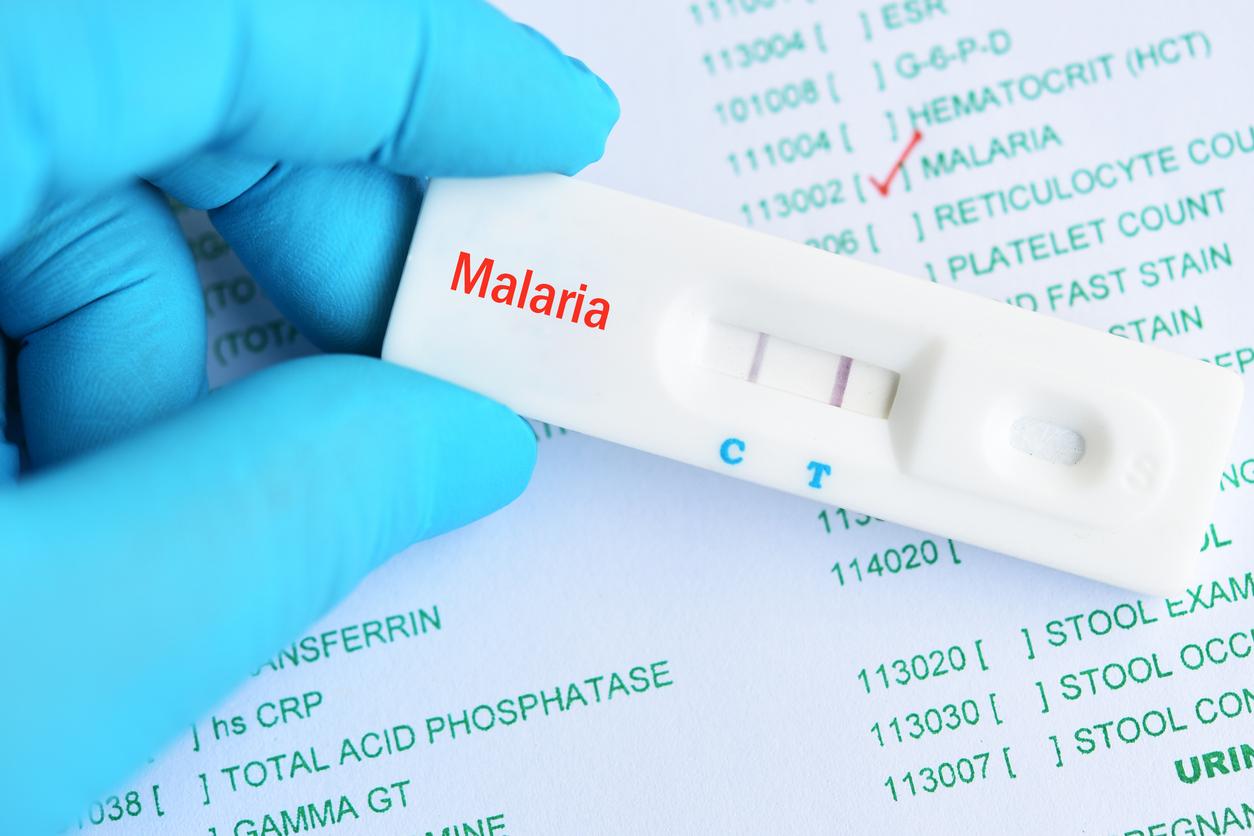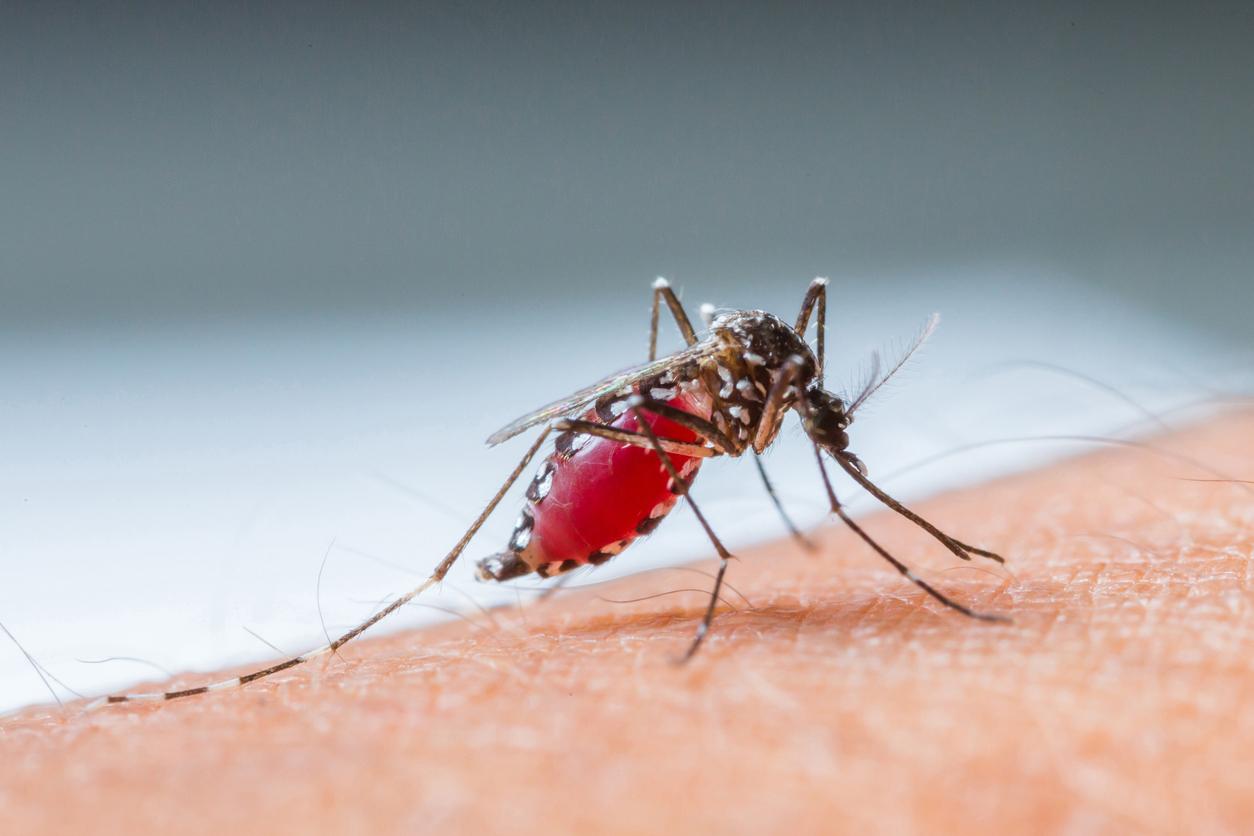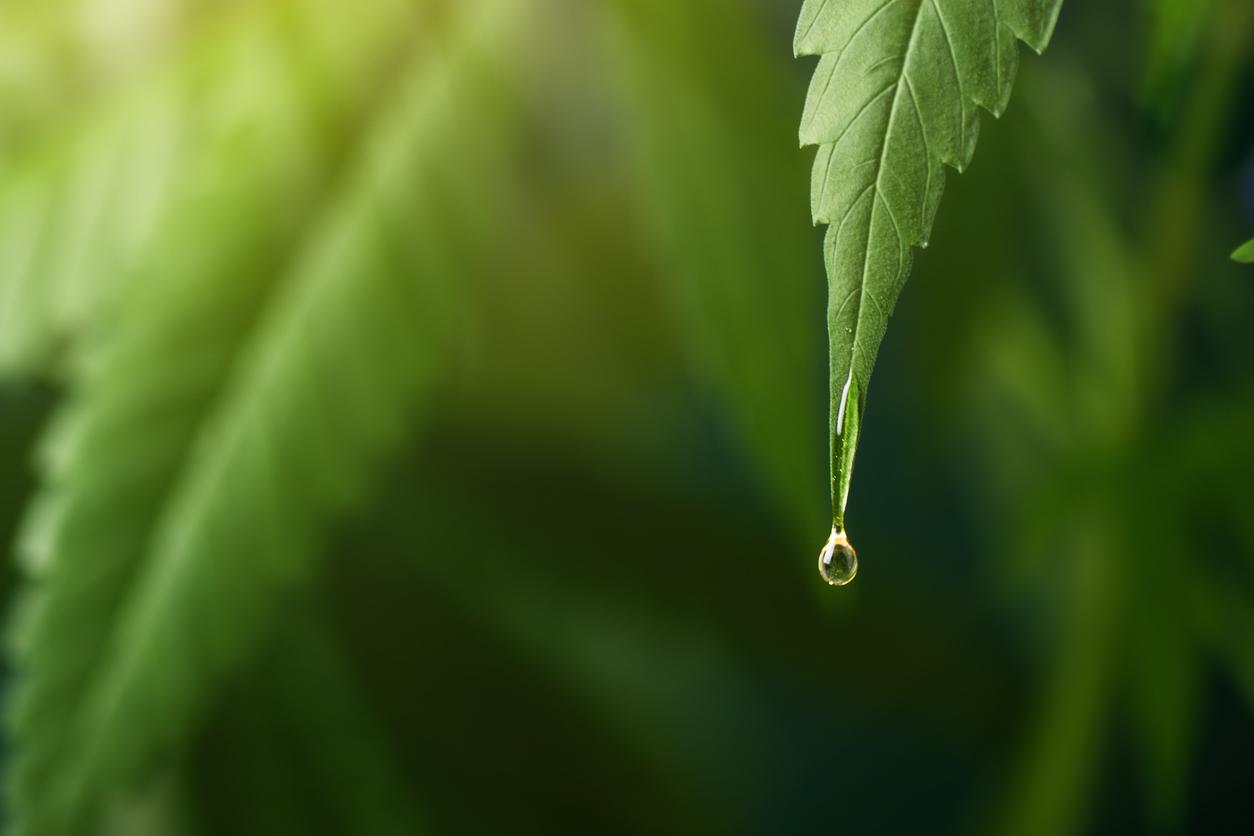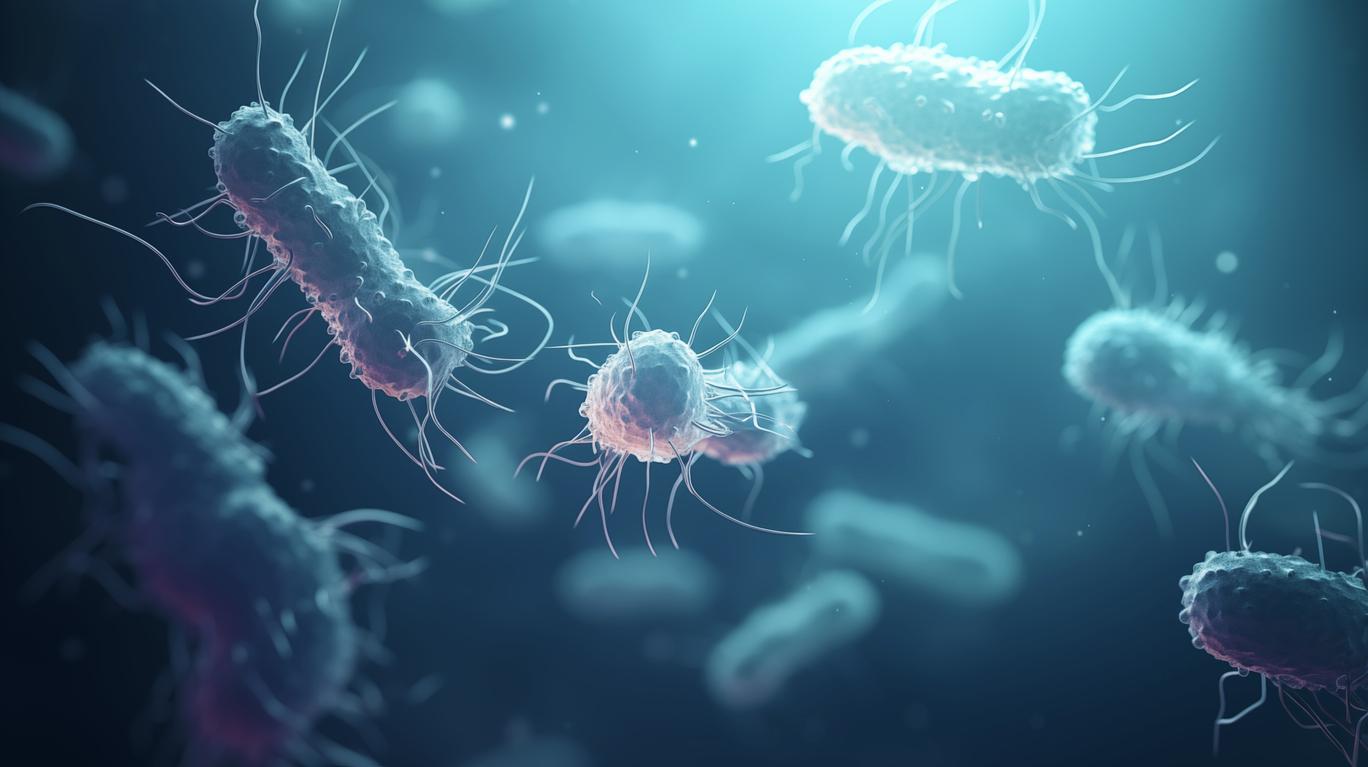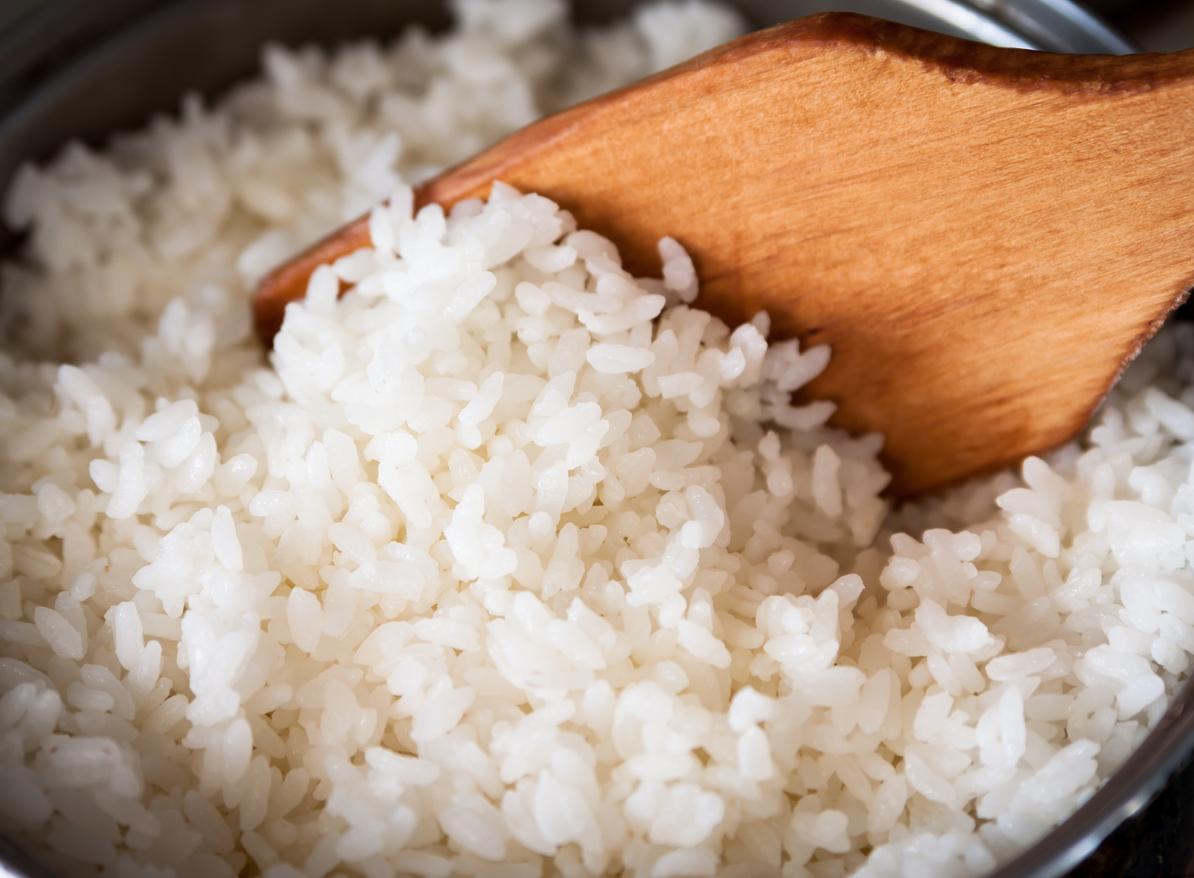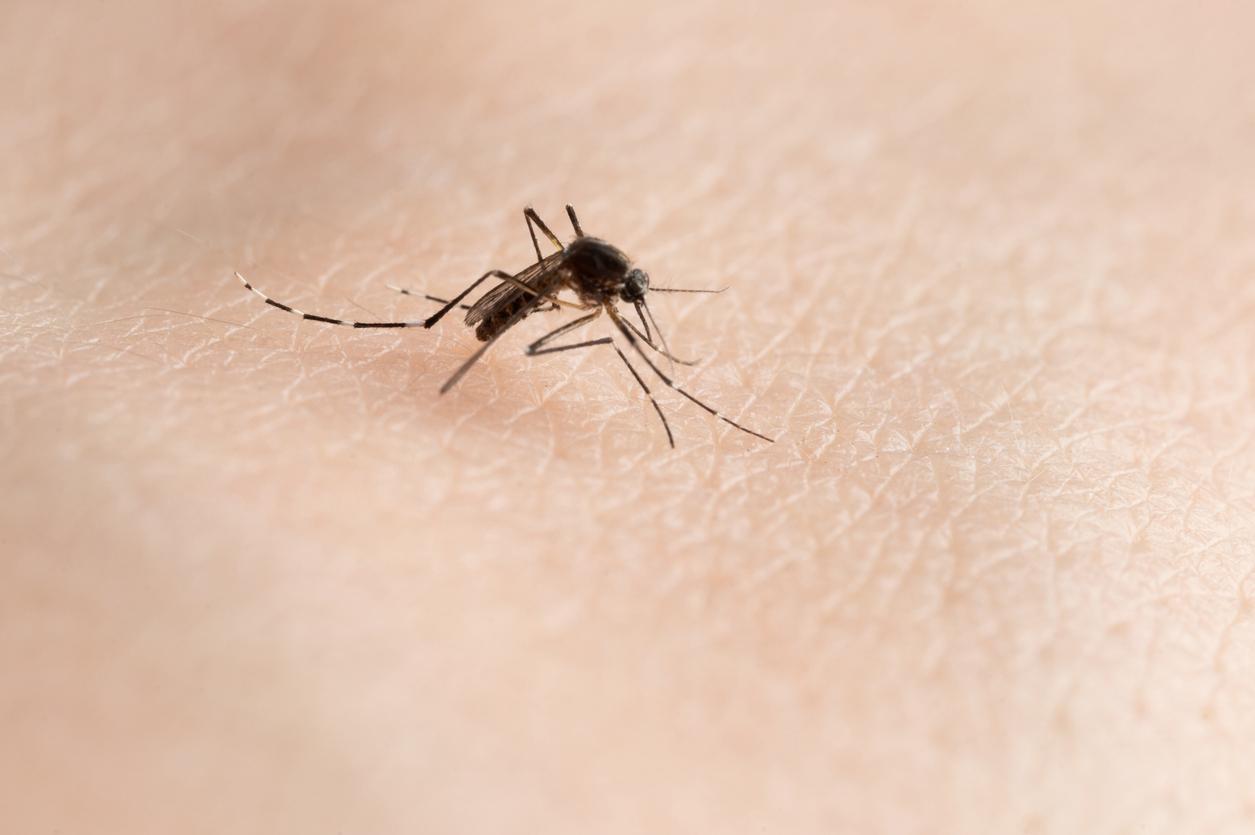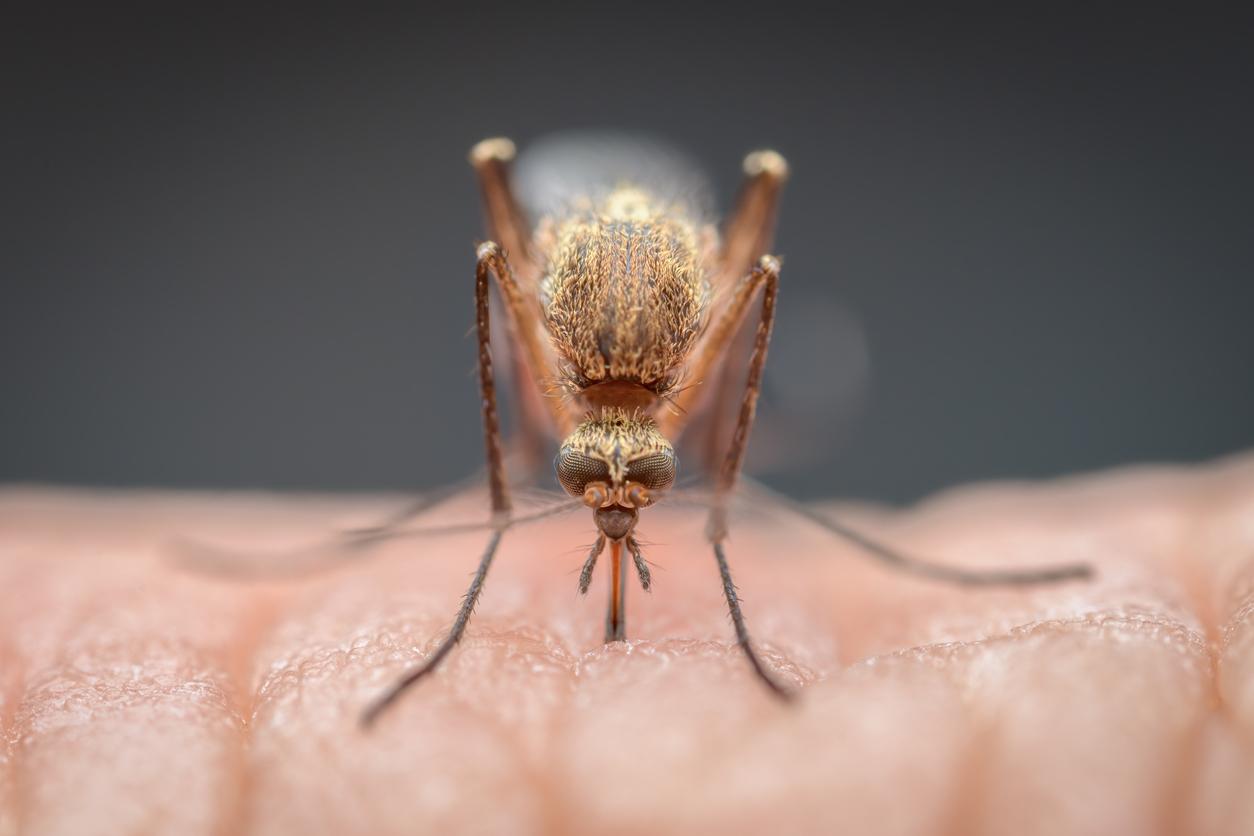Researchers have discovered that the bacterium “Delftia tsuruhatensis TC1”, discovered in the intestine of mosquitoes, can reduce the transmission of malaria.
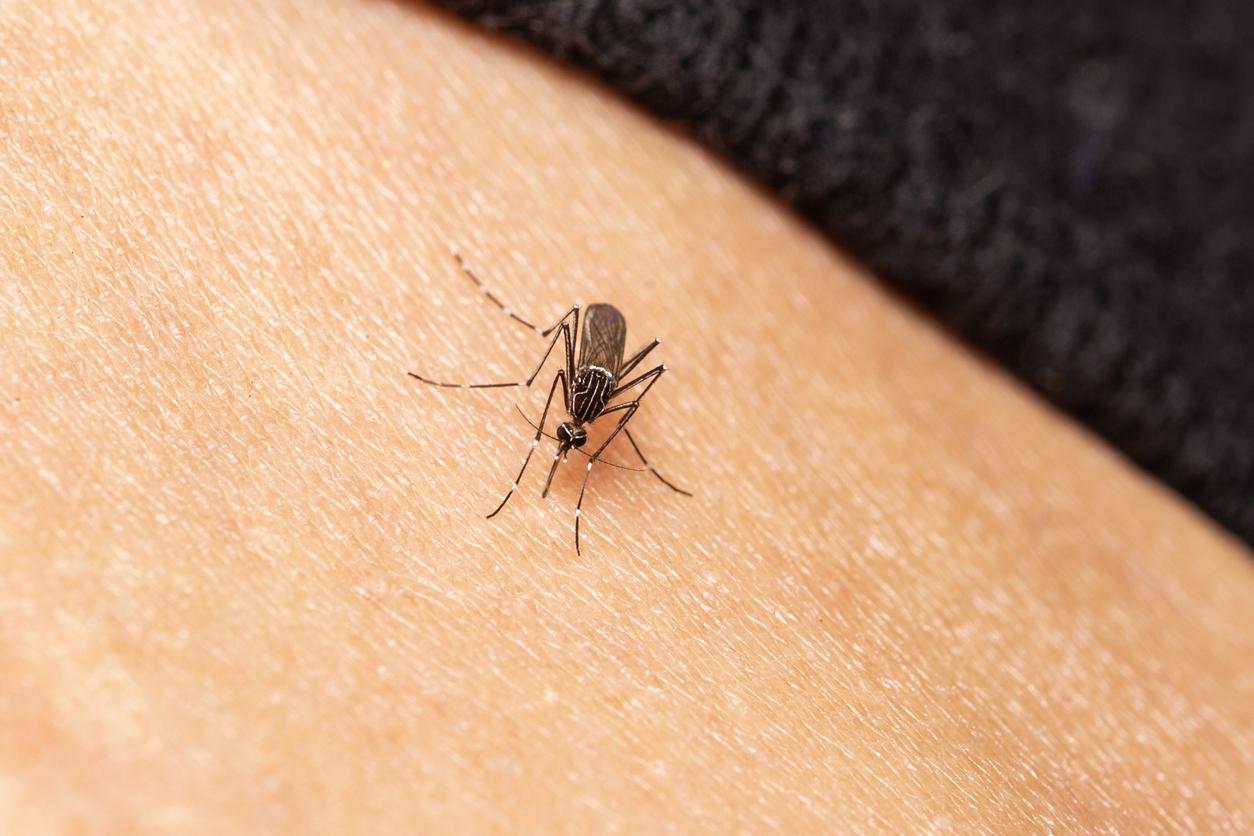
- The Delftia tsuruhatensis TC1 bacterium produces a toxin called “harmane”.
- It is present in the digestive tract of mosquitoes.
- This toxin can stop, at an early stage, the development of the “Plasmodium falciparum” parasite responsible for malaria.
There were 229 million cases of malaria worldwide in 2019, according to National Institute of Health and Medical Research (Inserm) and 409,000 deaths. It is a parasitic disease mainly transmitted by mosquitoes. The symptoms are similar to those of the flu, but there can be more serious complications, up to the death of the patient. “Research is working on the development of new preventive and curative treatments and/or vaccines, which may one day eradicate the disease”, specifies Inserm.
The bacterium prevents the malaria parasite from infecting mosquitoes
Recently, researchers discovered that the bacterium “Delftia tsuruhatensis TC1” could stop the development of malaria in mosquitoes. Their work has been published in the journal Science. It is more precisely the toxin produced by this bacterium – the harmane toxin – which can stop, at an early stage, the development of the parasite. Plasmodium falciparum responsible for malaria, in the digestive tract of mosquitoes. “Delftia tsuruhatensis TC1 eis a natural bacterium already widespread in different ecosystems (fresh and marine water, soil and plants)”, can we read in this article.
During their experiments, scientists at a research center in Spain observed that the mosquitoes they were using for malaria research were becoming increasingly resistant to the parasite. Plasmodium falciparum. “There was an unexpected microbe, a bacterial strain called Delftia tsuruhatensis TC1, inside the guts of these mosquitoes, explains Janneth Rodrigues, scientific manager at GSK, co-author of the study. When the team administered this strain to other mosquitoes, it prevented the parasite from infecting them”.
Less malaria transmission in mice
Next, the scientists did experiments with mice, divided into two groups. In the first, they were in contact with mosquitoes carrying the malaria parasite (P. berghei) and the bacterium Delftia tsuruhatensis TC1. In the second, they were confronted with mosquitoes carrying only P. berghei. Result: a third of the mice in the first group were contaminated while the entire second group was infected.
“This is a major discovery, which could tip the fight towards eradication, says Pierre Buffetmedical director of the Institut Pasteur, clinician in infectious dermatology and tropical medicine. It’s exciting, original as a research angle. We are there in the field of biological control which raises real hopes while the fight against the disease is stagnating.”










